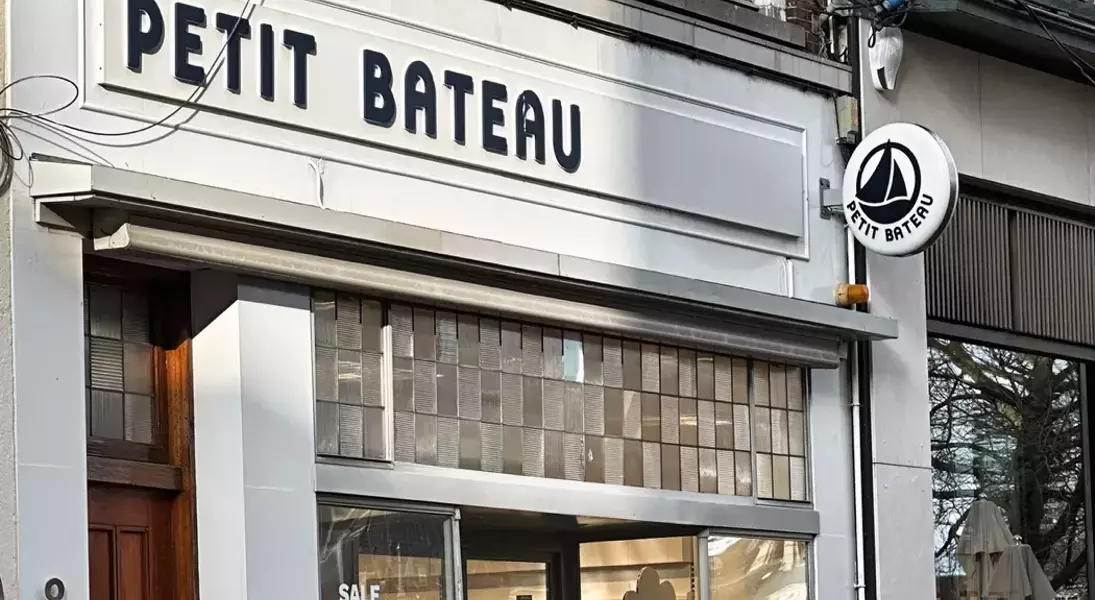To streamline its operations and concentrate on its core business of cosmetics, the Yves Rocher Group has announced plans to divest Petit Bateau and Stanhome. This strategic move underscores the company's commitment to enhancing its beauty and wellness brands while exploring new opportunities for growth.Positioning for Growth and Innovation in the Beauty Sector
The Yves Rocher Group is undergoing a significant transformation aimed at strengthening its position in the global cosmetics market. With an eye on future expansion, the group has decided to sell off non-core assets, including the children’s clothing brand Petit Bateau and home care brand Stanhome. This decision reflects a broader strategy to focus resources on high-potential areas such as skincare, beauty, and wellness products.
Pivoting Towards Core Strengths
The leadership team at Yves Rocher recognizes that the time has come to realign the company's priorities. By concentrating on its core competencies in skincare and beauty, the group aims to capitalize on emerging trends and consumer demands. The executive director, Jean-David Schwartz, emphasized that this shift will allow for more targeted investments in research and development, ensuring that Yves Rocher remains at the forefront of innovation.The group's portfolio includes renowned brands like Yves Rocher, Arbonne, Sabon, and Docteur Pierre Ricaud. These brands have built a reputation for quality and effectiveness, which the company intends to leverage further. The divestiture of Petit Bateau and Stanhome will free up capital and resources, enabling Yves Rocher to invest in areas with higher growth potential.
A Strategic Decision for Long-Term Success
The decision to sell Petit Bateau and Stanhome was not made lightly. Both brands have a rich history and loyal customer bases. However, the management believes that these brands would benefit from owners who can provide focused attention and expertise in their respective industries. The group is committed to finding buyers who share a vision for sustained growth and long-term success.Petit Bateau, in particular, has been a cornerstone of French fashion for over a century. With 370 retail locations worldwide and annual production exceeding 28 million pieces, the brand has maintained a steady presence in the market. Despite challenges in the textile sector, Petit Bateau reported a 3% increase in global sales and a 7% rise in France during 2024. The group's leadership is optimistic about securing a buyer who can build on this momentum.
Redefining the Future of Yves Rocher
As part of its strategic overhaul, Yves Rocher is set to undergo extensive renovations across its retail network. Plans include updating 200 of the 650 stores in France, creating modern and inviting spaces that reflect the brand's evolving identity. Additionally, the company is poised to expand its footprint in Asia and the Middle East, opening over 150 new boutiques in these regions.Investments will also be directed towards research and development, reinforcing Yves Rocher's commitment to delivering cutting-edge products. The group has already demonstrated its dedication to innovation by introducing advanced skincare solutions and expanding its product range. These efforts are expected to drive continued growth and solidify Yves Rocher's position as a leader in the global cosmetics industry.
Navigating Global Challenges
In a rapidly changing global landscape, Yves Rocher remains committed to supporting its employees and maintaining operations in diverse markets. The company's presence spans 118 countries, underscoring its ability to adapt and thrive in various environments. When questioned about its operations in politically sensitive regions, the group's president affirmed the company's focus on employee welfare and operational continuity.To enhance governance and oversight, Yves Rocher has welcomed two new independent directors to its board. Paul Polman, former CEO of Unilever, and Elisabeth Sandage, ex-president of Helena Rubinstein, bring valuable expertise and fresh perspectives to the company's leadership. Their contributions will play a crucial role in guiding Yves Rocher through its next phase of growth and transformation.

